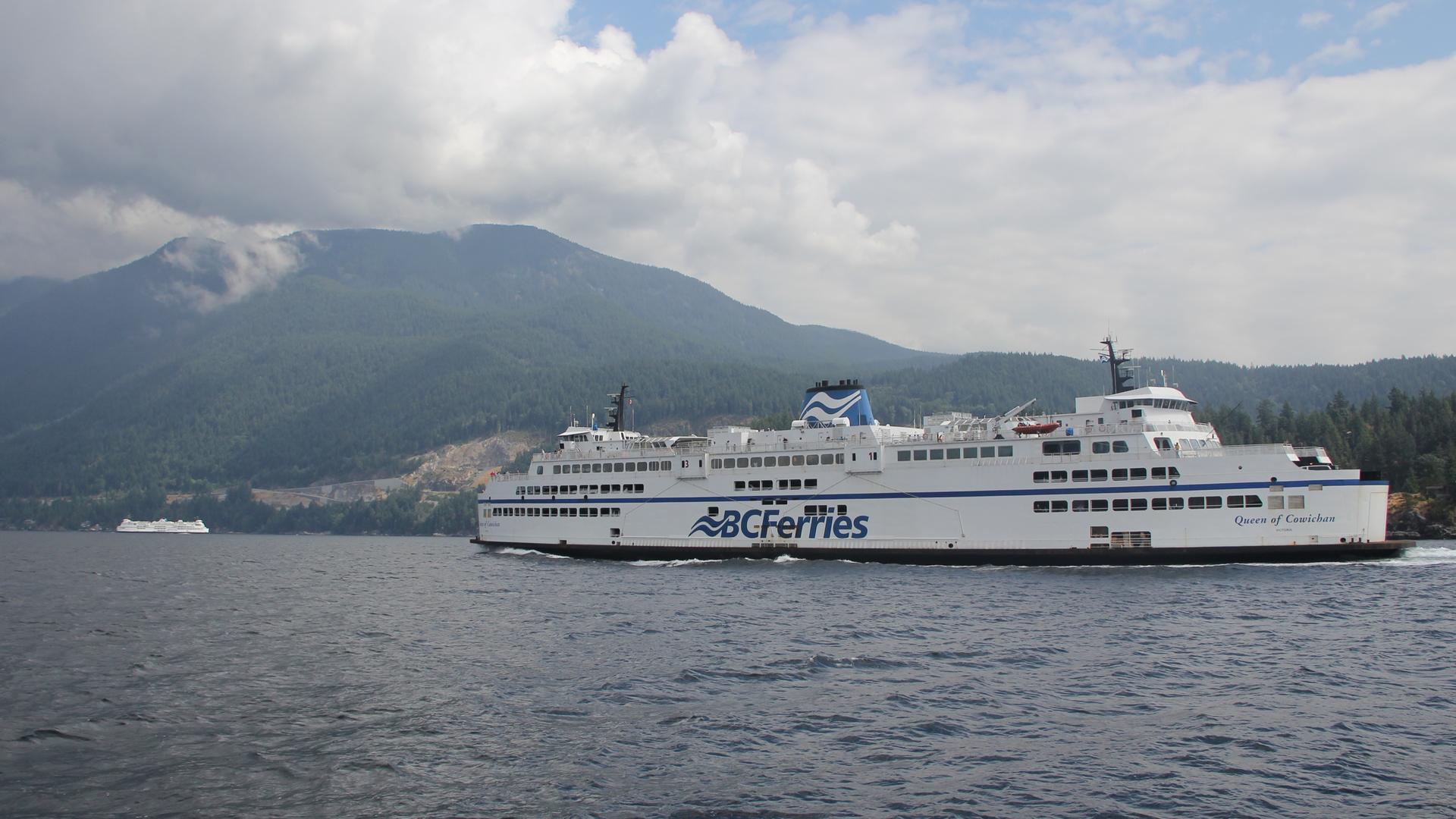Soon after the COVID-19 pandemic began, advocates pushed for governments to collect and publish data by race, in order to identify factors that lead to disparities. But that’s backfiring for some communities like the Cowichan Tribes reserve in Vancouver, British Columbia.
Jared Qwustenuxun Williams, a member of Cowichan Tribes, the largest First Nation in British Columbia, said he’s been hearing all kinds of stories of prejudicial backlash since his community announced its first COVID-19 cases in early January.
Related: Deb Haaland, Biden’s interior secretary nominee, says she’ll be ‘fierce for our planet’
One day, for instance, his cousin, who lives on the Cowichan reserve, on Canada’s scenic Vancouver Island, told him that he called the phone company to set up a new landline.
“And they said [to her], ‘Oh, we’re not really working on the reserve right now,’” Williams said, recounting his cousin’s reaction: “Oh, she’s mad.”
Until recently, the reserve had been able to keep out the coronavirus. But then, after the holidays, there were two cases. Then 90.
It led to racist rants on social media. Then, worse.
Related: How Biden’s Keystone pipeline order could test US-Canada relations
Several marginalized communities throughout Canada have experienced similar discrimination after the public disclosure of their COVID-19 infections, said Nicole De Silva, assistant professor of political science at Concordia University in Québec. She said it’s an unexpected side effect to collecting racial data.
“That led to, ironically, in a way, stigmatization of particular communities that had disproportionately high infection rates. … It’s really this double-edged sword for vulnerable communities. It can actually encourage discrimination and resentment toward those vulnerable populations.”
“That led to, ironically, in a way, stigmatization of particular communities that had disproportionately high infection rates,” she said. “It’s really this double-edged sword for vulnerable communities. It can actually encourage discrimination and resentment toward those vulnerable populations.”
Indigenous people and East Asian and South Asian Canadians have been spit on, yelled at, or had their businesses boycotted.
Related: Why Canada may designate the Proud Boys a terrorist group
De Silva said businesses can’t just stop serving customers from certain communities or certain areas, even if they’re under COVID-19 restrictions. By law, she said, businesses have to make reasonable accommodations — such as taking precautionary measures like using protective equipment or offering alternatives like curbside pickup.
“It can’t just be, ‘Well, we know there are infections in this community, and so, therefore, we can just apply these blanket restrictions on this community,’” De Silva said. “We’re sort of well beyond that, I think, now.”
At the Cowichan reserve, after a shelter-in-place order went into effect, community leaders explicitly said that members can still go off-reserve for school, work or to go shopping. But Williams says it’s been hard to do much of anything.
He said area dentists won’t treat reserve residents; restaurants have refused to deliver to them, and reserve residents visiting shops have overheard others saying they shouldn’t be there because they have COVID-19.
Related: In Canada, Syrian refugee kids find belonging through hockey
“The virus is all the way off the island, it’s on the mainland, it’s in all communities. Why are we the ones who are not allowed to access these services?”
“The virus is all the way off the island, it’s on the mainland, it’s in all communities,” Williams said. “Why are we the ones who are not allowed to access these services?”
Cowichan general manager Derek Thompson got fed up with the incidents of racism and discrimination.
“You can either focus on the nastiness of it, or you can focus on, ‘Well, what’s the positive here, and what momentum can we build from that?’” he said.
He reached out to nearby mayors and other leaders and invited them to talk about what was happening. Those officials wrote Facebook posts, made videos and spoke to the media about how Cowichan members were being treated unfairly. Cowichan leaders hailed their response but others, like Willams, say it doesn’t go far enough.
“How do you get reconciliation if you don’t acknowledge racism?” he asked, adding that discrimination based on COVID-19 infections didn’t come out of nowhere — and it won’t just go away.
